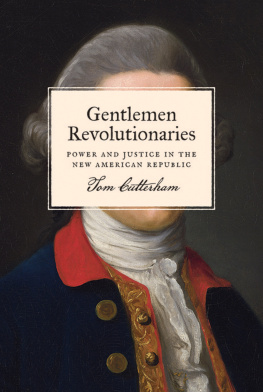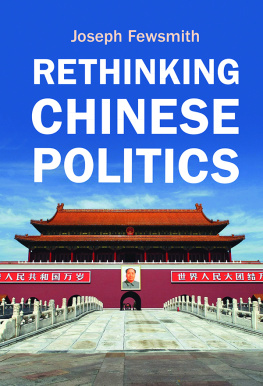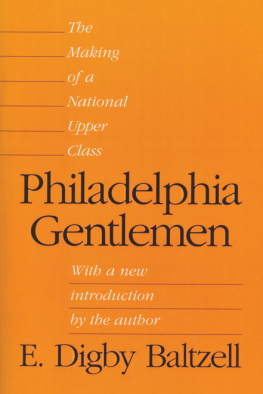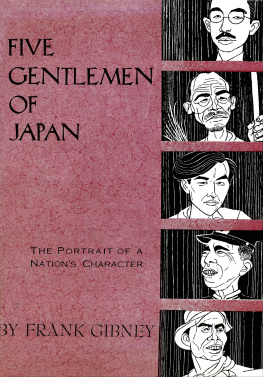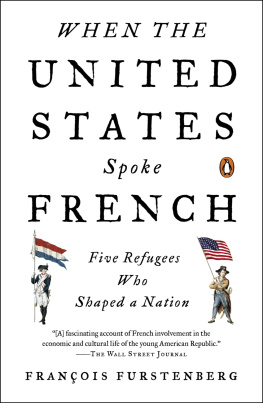
GENTLEMEN REVOLUTIONARIES
Gentlemen Revolutionaries
POWER AND JUSTICE IN THE NEW AMERICAN REPUBLIC

Tom Cutterham
PRINCETON UNIVERSITY PRESS
PRINCETON & OXFORD
Copyright 2017 by Princeton University Press
Published by Princeton University Press,
41 William Street, Princeton, New Jersey 08540
In the United Kingdom: Princeton University Press,
6 Oxford Street, Woodstock, Oxfordshire OX20 1TW
press.princeton.edu
Jacket art: Portrait of a Gentleman, 1769 (oil on canvas), Nathaniel Hone (171884) / Private Collection / Photo Philip Mould Ltd, London / Bridgeman Images
All Rights Reserved
Library of Congress Cataloging-in-Publication Data
Names: Cutterham, Tom, 1987 author.
Title: Gentlemen revolutionaries : power and justice in the new American republic / Tom Cutterham.
Description: Princeton : Princeton University Press, 2017. | Includes bibliographical references and index.
Identifiers: LCCN 2016047704| ISBN 9780691172668 (hardcover : alkaline paper) | ISBN 0691172668 (hardcover : alkaline paper)
Subjects: LCSH: United StatesPolitics and government17751783. | United StatesPolitics and government17831789. | Elite (Social sciences)United StatesHistory18th century. | Power (Social sciences)United StatesHistory18th century. | Upper classUnited StatesHistory18th century. | Ideals (Philosophy)Political aspectsUnited StatesHistory18th century. | Social justiceUnited StatesHistory18th century. | Social statusUnited StatesHistory18th century. | Social controlUnited StatesHistory18th century. | United StatesSocial conditionsTo 1865. | BISAC: HISTORY / United States / Revolutionary Period (17751800). | HISTORY / Revolutionary. | HISTORY / United States / General. | PHILOSOPHY / Political.
Classification: LCC E303 .C87 2017 | DDC 303.3/72097309033dc23 LC record available at https://lccn.loc.gov/2016047704
British Library Cataloging-in-Publication Data is available
This book has been composed in Miller.
Printed on acid-free paper.
Printed in the United States of America
10 9 8 7 6 5 4 3 2 1
For Rob
CONTENTS
INTRODUCTION
1
CHAPTER 1
Inheritance
9
CHAPTER 2
Obedience
37
CHAPTER 3
Justice
66
CHAPTER 4
Capital
94
CHAPTER 5
Rebellion
123
CONCLUSION
152
ACKNOWLEDGMENTS
THIS BOOK ABOUT ELITES was written at Oxford University, among wonderful friends and colleagues too numerous to list in full. I am grateful to Lizzy Emerson; to my fellow MSters of the Universe; and to the graduate student community at the Rothermere American Institute, especially Ken Owen, David Sim, Steve Tuffnell, Mandy Izadi, Paddy Andelic, Ursula Hackett, Kathryn Olivarius, Dan Rowe, and Louisa Hotson. Among the fellows of the Institute, I am indebted to Jay Sexton, Stephen Tuck, Gareth Davies, Pekka Hmlinen, Don Ratcliffe, Sally Bailey, and especially Nigel Bowles. Nicholas Cole and Peter Thompson, my indefatigable supervisors, bore the brunt of failed ideas and off-kilter notions. Their inspiration and advice has been invaluable throughout.
Many librarians and archivists made this project possible. Most of all, of course, Jane Rawson and her team at the Vere Harmsworth Library. Rachel Jirka and Ellen Clark at Anderson House deserve a special mention for their warmth and solicitude towards an inexperienced researcher. Morgan Davies, Tom Nailor, Michael Moore, and Margaret Molloy kindly put me up during research travels. Funding for those travels came from the Rothermere American Institute, the Society of the Cincinnati, St Hughs College, and the Royal Historical Society. My doctoral studies were funded by a scholarship from the Rothermere American Institute. I benefited immensely from attending the Global Dome program of the University of Notre Dame.
For the last three years of writing and rewriting this book, I was the Sir Christopher Cox Junior Fellow at New College. Caroline Thomas, Erica Longfellow, Michael Burden, Martin Pickup, Ryan Hanley, Jonathan Leader-Maynard, Anne Hanley, Aaron Graham, and many others made it an amazing home. Ben Tate of Princeton University Press, along with his colleagues Debbie Tegarden, Hannah Zuckerman, and Jay Boggis, helped me to navigate the excitement and frustration of publishing my first book. At the University of Birmingham, where I started working in September 2016, I have benefited from the support of many new friends and colleagues, whose names I expect to fill the acknowledgements of books to come.
One of the great delights of joining a profession is the opportunity to turn heroes into colleagues. Woody Holton and Patrick Griffin have been generous, unfailing, and indispensable friends both to me and to this project. Max Edling has provided inspiration and support since its beginning. Simon Middleton was a model external examiner, and has been an even better friend. Eliga Gould gave valuable encouragement and criticism in the final stages of writing this book. Saul Cornell, Lawrence Goldman, Joanna Innes, Colin Jones, Sarah Pearsall, and Andrew OShaugnessy have each contributed to helping me become a professional historian, as have all the good folk of the British Group of Early American Historians.
I owe a great deal to the fellow young historians with whom both I and this book have grown up. Jonathan Gienapp and Mark Boonshoft bravely read and valuably commented on the entire manuscript. Through rituals I cannot detail here, Ben Park inducted me into the Junto. Michael Hattem, Rachel Herrmann, Michael Blaakman, Sara Georgini, Jonathan Wilson, Chris Minty, Joe Adelman, Christopher Jones, Jess Parr, Roy Rogers, and Nora Slonimsky, I salute you all. Finally, I offer thanks to those not yet named, without whose friendship and support none of this would be possible: Mike Smith, Jenny Oliver, Sam Ferguson, Dasha Luchinskaya, Stephanie Solywoda, Arthur Seymour, and my mother, Tina, who gave me both the gift of reading and the will to write.
GENTLEMEN REVOLUTIONARIES
Introduction
AND FOR THE SUPPORT of this Declaration, with a firm reliance on the protection of divine Providence, we mutually pledge to each other our Lives, our Fortunes and our sacred Honor. So ends the document that began the United States on July 4, 1776. Its revolutionary authors were not only declaring a separation from the British empire. They were also making a personal commitment to each other, and to the new nation. They really were risking their fortunes and their lives. But what did they mean by sacred Honor? The American Revolution was led by men who set themselves above the ordinary, common man. They understood themselves as gentlemen. That status was a form of power, but it also relied on a set of rules that governed the actions of anyone who claimed ita code of honor that helped draw the line between who was a gentleman and who was not. When the signers of the Declaration pledged their sacred Honor to the cause of independence, they were laying on the line one of their most valued possessions: their status as gentlemen.
What exactly it meant to be a gentleman changed over time. It also depended on place and social context. A gentleman in Boston might not be one in London, and a gentleman out on the western frontierwhere there were few if any to be foundmight not be one in Philadelphia. The status of gentleman relied on being recognized by others. Rather than an innate quality, it was a kind of performance done in front of different, more or less discerning audiences. At the same time, not everyone could act like a gentleman. By definition, gentility was restricted to an elite minority. In seventeenth-century England, gentlemen were landowners who got their income from rent. Doing any kind of work for money, even investing in commerce, was seen as beneath their dignity. Yet in the American colonies, almost nobody could fit that definition. By the middle of the eighteenth century, especially in the colonies, the requirements of gentility were beginning to adapt to different economic and social conditions.
Next page
